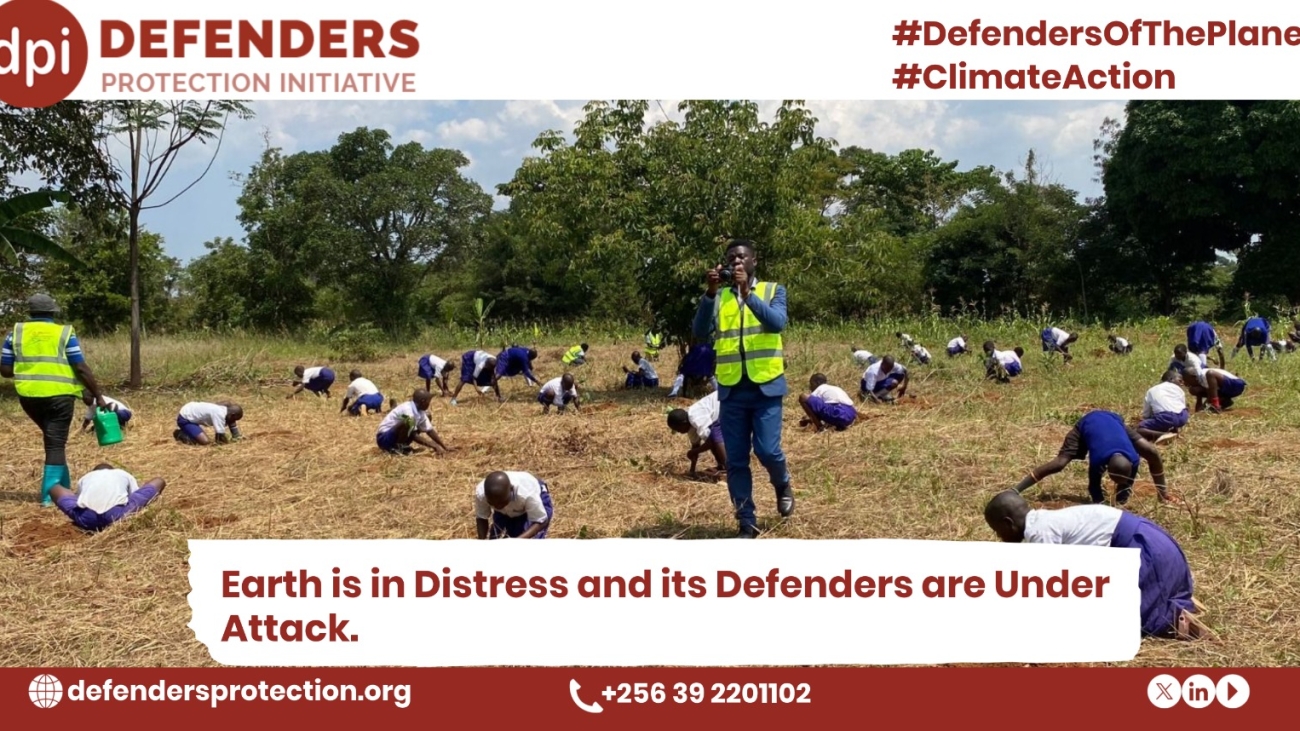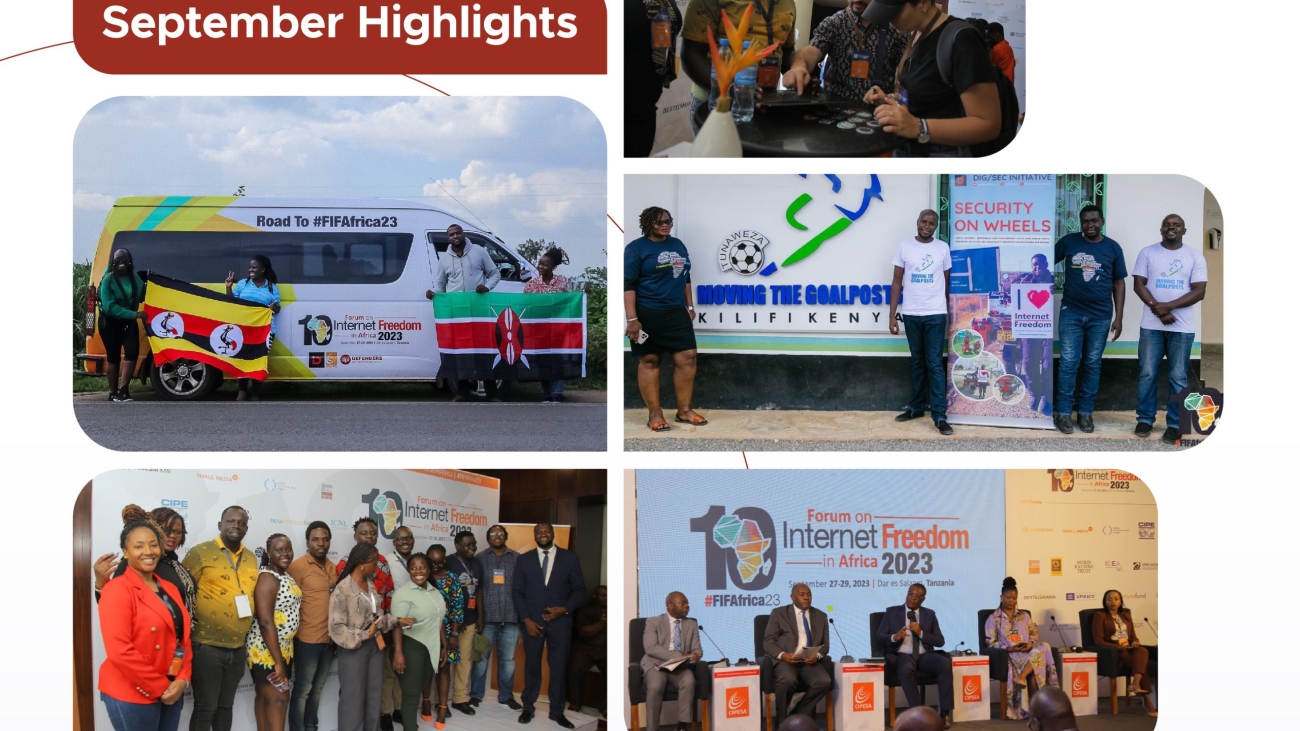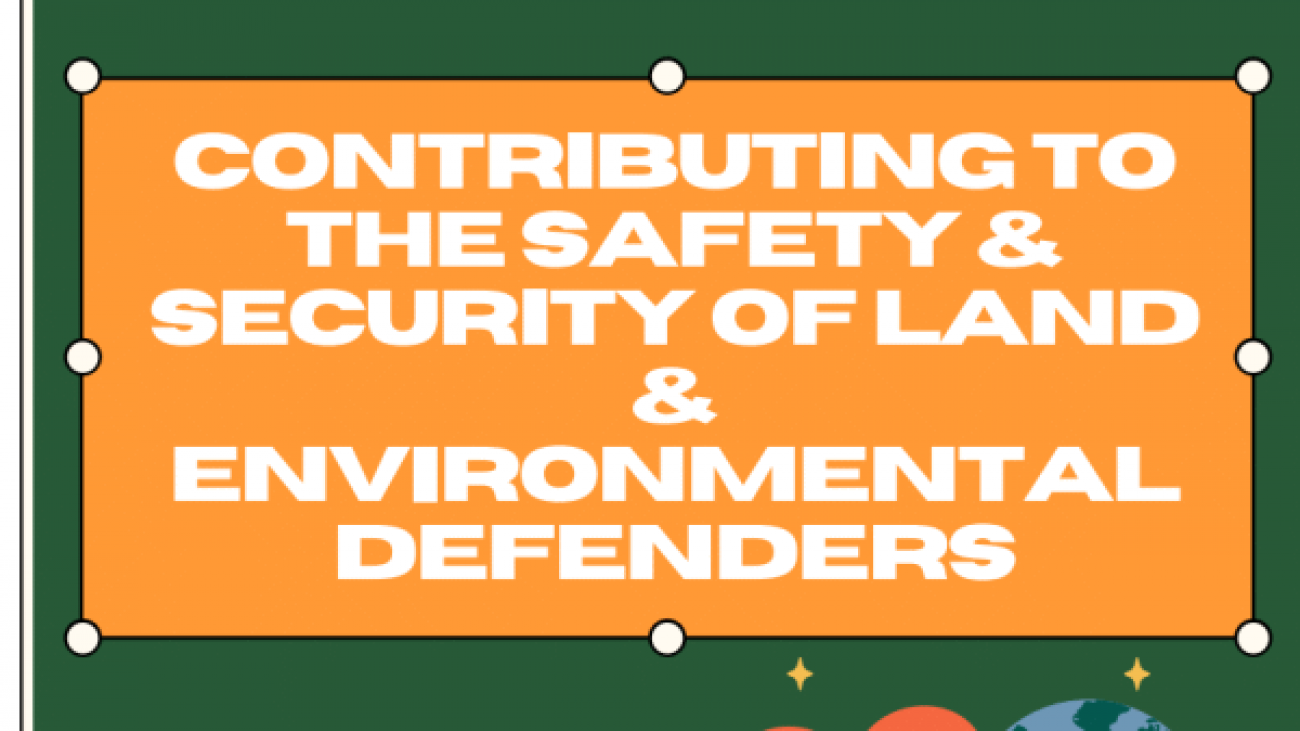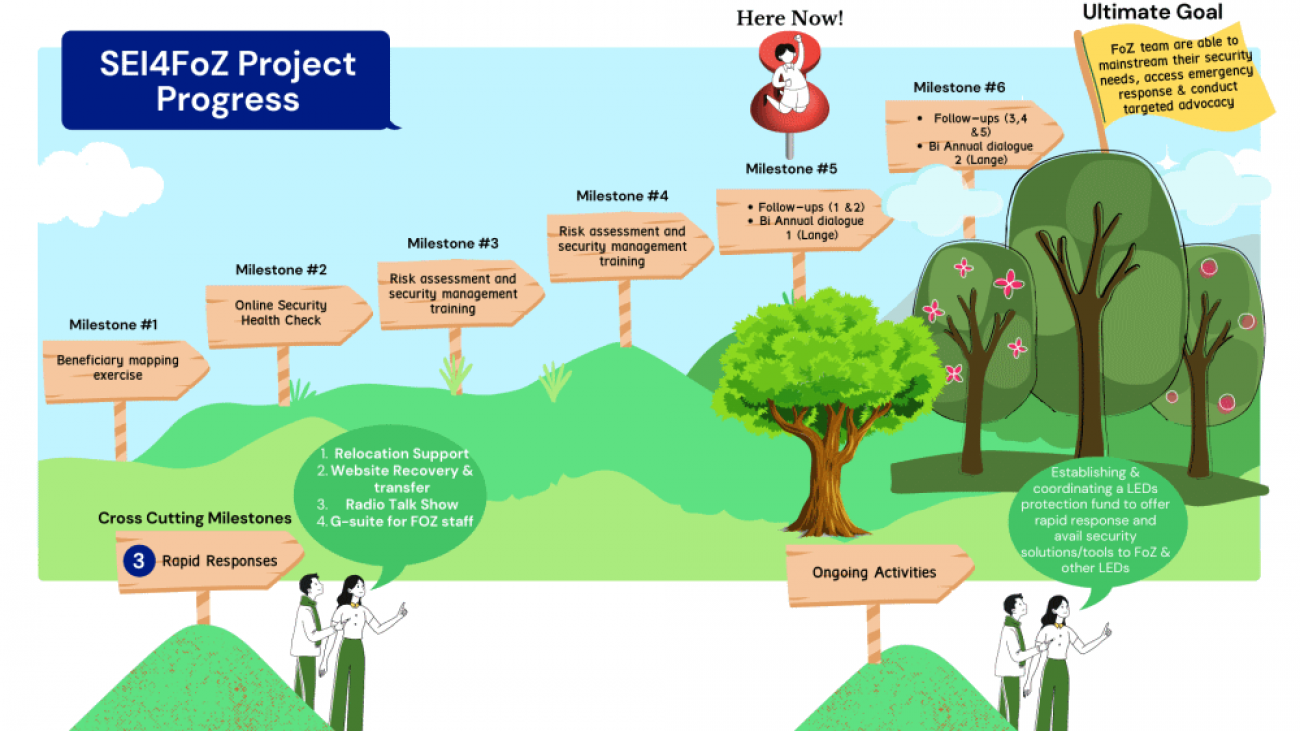Land and environmental defenders are some of the most passionate and committed people who unfortunately experience significant reprisals, as reported through our Seek Support portal. Instances of arbitrary arrests, harassment, physical attacks, and threats have hampered their work and forced many to withdraw from advocacy.
The survival of our environment and the defence of fundamental rights are interlinked with the protection of environmental advocate. Prioritising these crucial areas of protection is necessary to achieve these interconnected goals:
- Legal Protection: Instituting robust legal frameworks that explicitly safeguard the rights of LED proponents against discrimination, harassment, and violence.
- Access to Justice: Guaranteeing access to justice for LEDs. This involves providing adequate legal resources and support to ensure that perpetrators are brought to justice.
- Context-Specific Responses: Recognizing the dynamic challenges faced by environmental defenders, it is crucial to tailor responses to their specific contexts and provide specialised training, resources, and protection mechanisms to address evolving threats.
- Inclusion in Climate Policy Formulation: Incorporating environmental protectors into the formulation of climate policies ensures that their voices are heard and their expertise is utilised. This inclusion not only strengthens policy effectiveness but also enhances the legitimacy of environmental governance.
- Recognition of Cultural Leaders and Custodians: Acknowledging the rights of cultural leaders and customary landowners as custodians of the land is essential. Their traditional knowledge and stewardship play a vital role in sustainable land management and conservation efforts.
Explore the diverse channels and tools of protection available to LEDs from DPI:
- Land and Environmental Task Force (LEDTAF): A coalition of diverse organisations providing collective leverage for coordinated response mechanisms for LEDs. Services include legal aid, relocation and rapid response among others.
- Kyotos (Fireside Chats): Community fireside chats provide a relaxed setting for dialogue, bringing together communities and relevant stakeholders to share information, mediate issues, and address grievances.
- Digital Security and Security Management Training: To individuals and organisations to enhance operational effectiveness and ensure safety during advocacy efforts.
- Talk to Your Regulator: Closing the awareness gap on NGO legal frameworks to improve operational efficiency and regulatory compliance for defenders and organisations in the environmental rights landscape.





